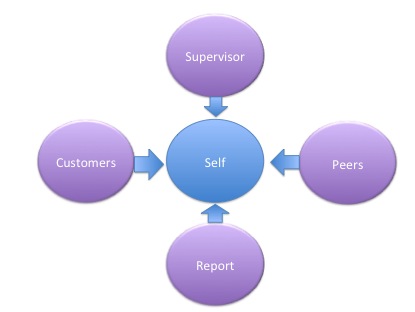Creating a culture of trust in an organization

Trust is an intangible value that may or may not exist in an organization. It is really hard to measure it on a chart but when an organization has it, things are great and when it doesn't exist things often seem difficult to move. When trust is lost in an organization, it is almost impossible to get it back. Essentially trust is important because in any organization there will always be a gap between what's expected of a person and what actually gets done, or a gap between what's promised and what gets fulfilled. The key thing is that, what leaders put in that gap sets the premise for the kind of culture their organizations exhibit. There really isn't any way to avoid the gaps but leaders have to know that a great deal of the organizational culture, hinges on what they place in that gap. Therefore, if they are willing to be proactive and intentional about placing trust in that gap, then over time an organizational culture of trust will emerge.
An example of a gap is when for instance a person promises that he will show up at a scheduled meeting at 9am but then he shows up 15 minutes late. The leader can place trust by believing that the person had a legitimate reason for being late or he can place suspicion that the person isn't as attentive or doesn't value the leader. What the leader places in the gap will affect how the leader interacts and relates to that individual. Continue reading...



 Reading different books and listening to various podcasts on entrepreneurship and personal development
is something I enjoy doing often. The information I get from these sources greatly aids me in expanding
my thinking and it also continuously serves as a reminder that life is full of many possibilities
if one is willing to put forth the work.
Reading different books and listening to various podcasts on entrepreneurship and personal development
is something I enjoy doing often. The information I get from these sources greatly aids me in expanding
my thinking and it also continuously serves as a reminder that life is full of many possibilities
if one is willing to put forth the work.
 We all agree that performance is about results. It is about delivering the results or service expected
by customers. Depending on your position in the organization you may be serving external or internal
customers. Both have similar needs in that they need your service; and they need it so much that
they are desperate if you do not deliver it in time. However, the service delivery process has
considerable interconnections that need consideration in ensuring an employee's effective and sustained
performance.
We all agree that performance is about results. It is about delivering the results or service expected
by customers. Depending on your position in the organization you may be serving external or internal
customers. Both have similar needs in that they need your service; and they need it so much that
they are desperate if you do not deliver it in time. However, the service delivery process has
considerable interconnections that need consideration in ensuring an employee's effective and sustained
performance.

